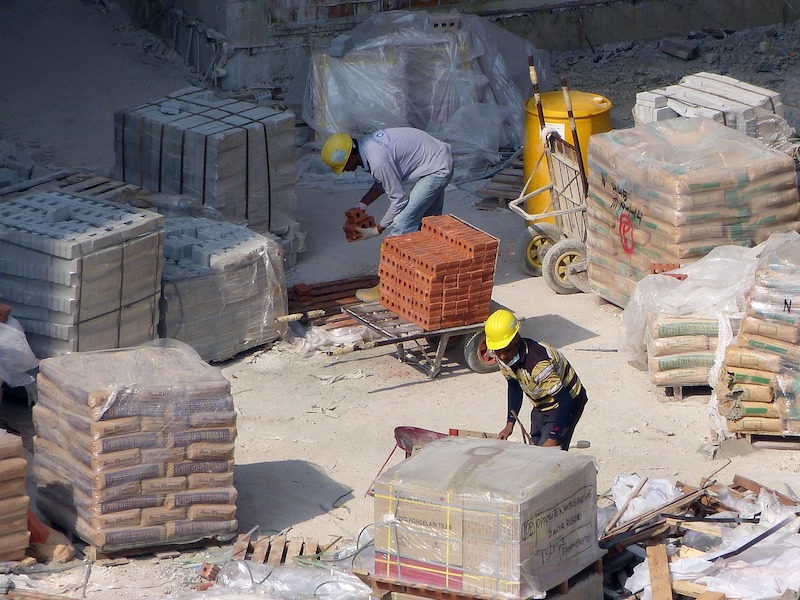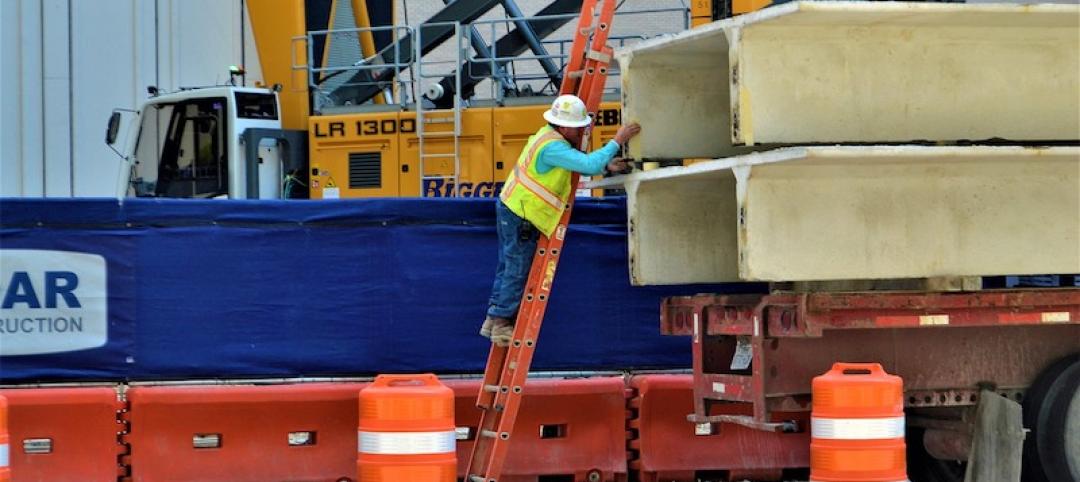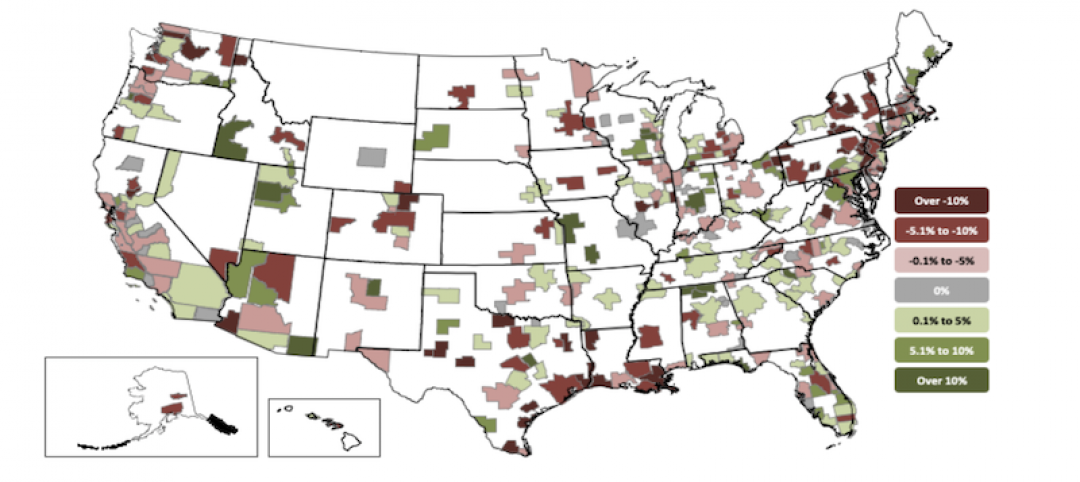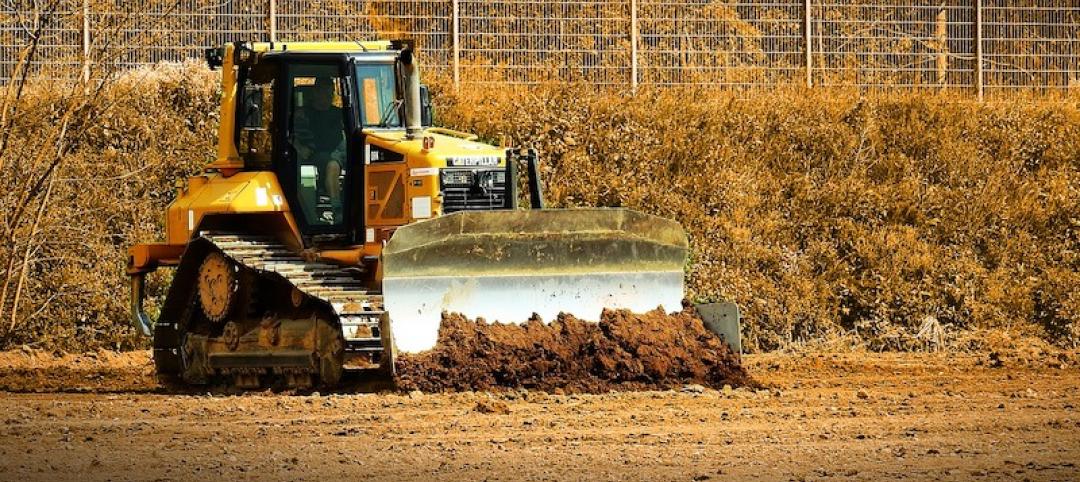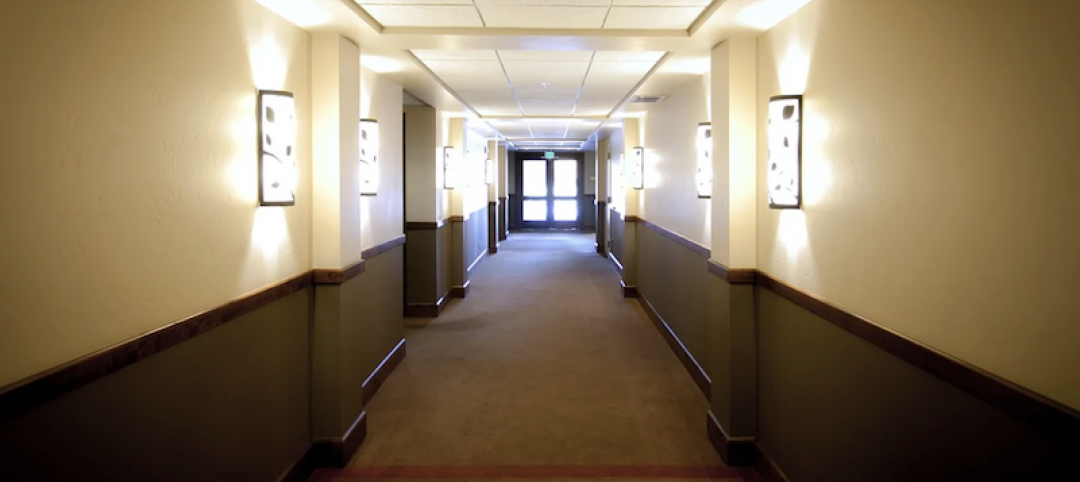Construction employment increased by 20,000 jobs in July but the gains were limited to housing, while employment related to infrastructure and nonresidential building construction slipped by 4,000, according to an analysis by the Associated General Contractors of America of government data released today. Association officials cautioned that non-housing construction job losses will continue unless the federal government provides infrastructure funding for state and local budgets, enacts liability reforms and other relief measures.
“It is gratifying that the construction industry continued to add jobs in July, but last month’s gains were entirely in residential building and specialty trades,” said Ken Simonson, the association’s chief economist. “It is likely that many nonresidential jobs are in jeopardy following the completion of emergency projects and ones begun before the pandemic. Projects that had been scheduled to start this summer or later are being canceled by both public agencies and private owners, while few new facilities are breaking ground.”
The employment pickup in July follow gains of 163,000 jobs in June and 456,000 in May, the economist noted. Nevertheless, construction employment in July remained 444,000 jobs or 5.6% below the recent peak in February.
Residential building and specialty trade construction firms—firms that concentrate on residential new construction, additions and renovations—accounted for 24,000 additional jobs in July. In contrast, employment among nonresidential segments declined by 4,000 jobs.
Compared to the most recent peak in February, employment in the heavy and civil engineering construction segment of the industry, representing firms that work mainly on highways and other infrastructure—was 7.4% below the February total. Employment at nonresidential building and specialty trade construction firms was 6.8% less than in February. Employment at residential building and specialty trade construction firms combined slipped by a more modest 4.1%.
The industry’s unemployment rate in July was 8.9%, with 870,000 former construction workers idled. These figures were more than double the July 2019 figures and were the highest July totals since 2013 and 2012, respectively.
Association officials said the best way to avoid the expected future construction job losses is for federal officials to quickly enact and implement funding for infrastructure, pass needed liability reforms and other pro-growth recovery measures. They said that investing in infrastructure will add to employment in many manufacturing, trucking and other sectors and will create assets that improve productivity, safety and well-being for all.
“It is vital for officials of both parties, both sides of Capitol Hill, and the Administration to come to agreement promptly on meaningful increases in infrastructure funding and other recovery measures,” said Stephen E. Sandherr, the association’s chief executive officer. “Without quick action, the nonresidential job losses that began in July will be quickly worsen and the nation will lose a golden opportunity to start on improving infrastructure at a time of high labor availability and low materials and borrowing costs.”
Related Stories
Healthcare Facilities | Feb 18, 2021
The Weekly show, Feb 18, 2021: What patients want from healthcare facilities, and Post-COVID retail trends
This week on The Weekly show, BD+C editors speak with AEC industry leaders from JLL and Landini Associates about what patients want from healthcare facilities, based on JLL's recent survey of 4,015 patients, and making online sales work for a retail sector recovery.
Market Data | Feb 17, 2021
Soaring prices and delivery delays for lumber and steel squeeze finances for construction firms already hit by pandemic
Association officials call for removing tariffs on key materials to provide immediate relief for hard-hit contractors and exploring ways to expand long-term capacity for steel, lumber and other materials,
Market Data | Feb 9, 2021
Construction Backlog and contractor optimism rise to start 2021, according to ABC member survey
Despite the monthly uptick, backlog is 0.9 months lower than in January 2020.
Market Data | Feb 9, 2021
USGBC top 10 states for LEED in 2020
The Top 10 States for LEED green building is based on gross square feet of certified space per person using 2010 U.S. Census data and includes commercial and institutional projects certified in 2020.
Market Data | Feb 8, 2021
Construction employment stalls in January with unemployment rate of 9.4%
New measures threaten to undermine recovery.
Market Data | Feb 4, 2021
Construction employment declined in 2020 in majority of metro areas
Houston-The Woodlands-Sugar Land and Brockton-Bridgewater-Easton, Mass. have worst 2020 losses, while Indianapolis-Carmel-Anderson, Ind. and Walla Walla, Wash. register largest gains in industry jobs.
Market Data | Feb 3, 2021
Construction spending diverges in December with slump in private nonresidential sector, mixed public work, and boom in homebuilding
Demand for nonresidential construction and public works will decline amid ongoing pandemic concerns.
Market Data | Feb 1, 2021
The New York City market is back on top and leads the U.S. hotel construction pipeline
New York City has the greatest number of projects under construction with 108 projects/19,439 rooms.
Market Data | Jan 29, 2021
Multifamily housing construction outlook soars in late 2020
Exceeds pre-COVID levels, reaching highest mark since 1st quarter 2018.
Market Data | Jan 29, 2021
The U.S. hotel construction pipeline stands at 5,216 projects/650,222 rooms at year-end 2020
At the end of Q4 ‘20, projects currently under construction stand at 1,487 projects/199,700 rooms.


